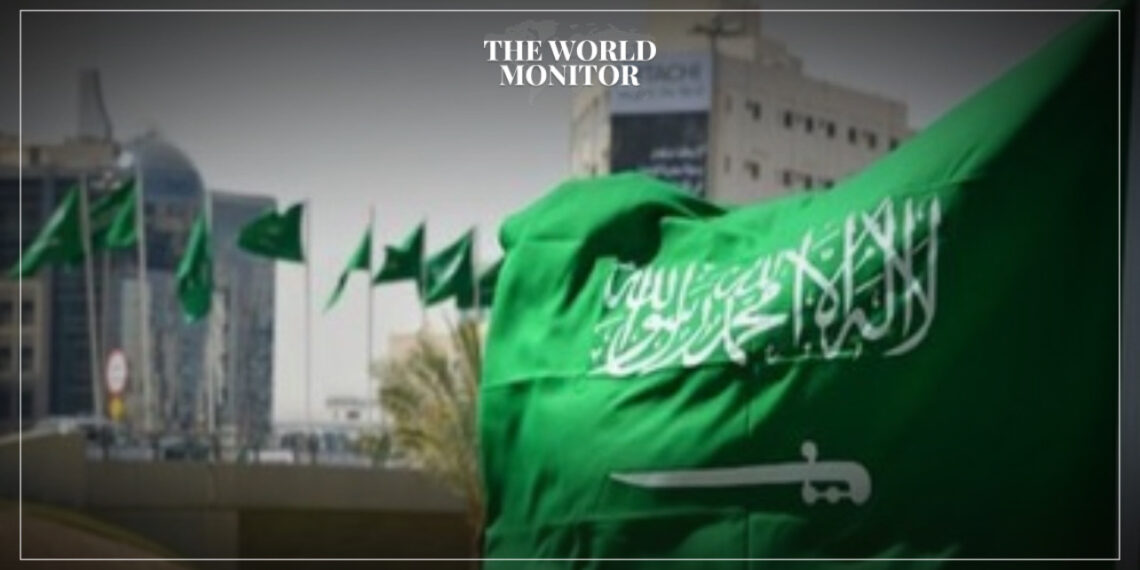Saudi security forces have referred 8,370 individuals to their respective diplomatic missions to obtain travel documents and another 2,054 for completing their travel bookings, as part of efforts to deport 12,355 violators.
This announcement came as part of a broader update on immigration enforcement within the Kingdom of Saudi Arabia.
From October 10 to 17, authorities detained a total of 21,971 people for violations related to residency, employment, and border security regulations.
These arrests were made during joint field campaigns conducted across various regions of the Kingdom, targeting individuals who failed to comply with the nation’s strict immigration laws.
The operations resulted in 13,186 arrests for residency violations, 5,427 for border security breaches, and 3,358 for work regulation violations.
Moreover, during these efforts, a total of 1,421 individuals were caught attempting to cross into Saudi Arabia illegally.
Of these, 34% were of Yemeni nationality, 64% were Ethiopian, and the remaining 2% were of other nationalities.
The security forces also apprehended 53 individuals attempting to exit the Kingdom illegally.
Additionally, 18 people were arrested for their involvement in transporting, harboring, employing, and concealing those who violated the residency, employment, and border security regulations.
Currently, there are 15,775 violators undergoing legal procedures, comprising 13,885 men and 1,890 women, as Saudi authorities continue to enforce their immigration laws strictly.
Saudi Crown Prince Mohammed bin Salman and Egyptian President Abdel Fattah el-Sisi recently agreed to strengthen trade and investment cooperation.
Bandar Al-Amiri, the head of the Saudi-Egyptian Business Council, reported to Reuters that the private sectors of Saudi Arabia and Egypt are set to inject a total of $15 billion into the Egyptian economy.
This influx of investments follows the signing of a bilateral agreement on Tuesday in Cairo, aimed at encouraging and protecting mutual investments between the two countries.
Al-Amiri highlighted that the investments would span several sectors including renewable energy, industry, real estate development, tourism, and technology.






